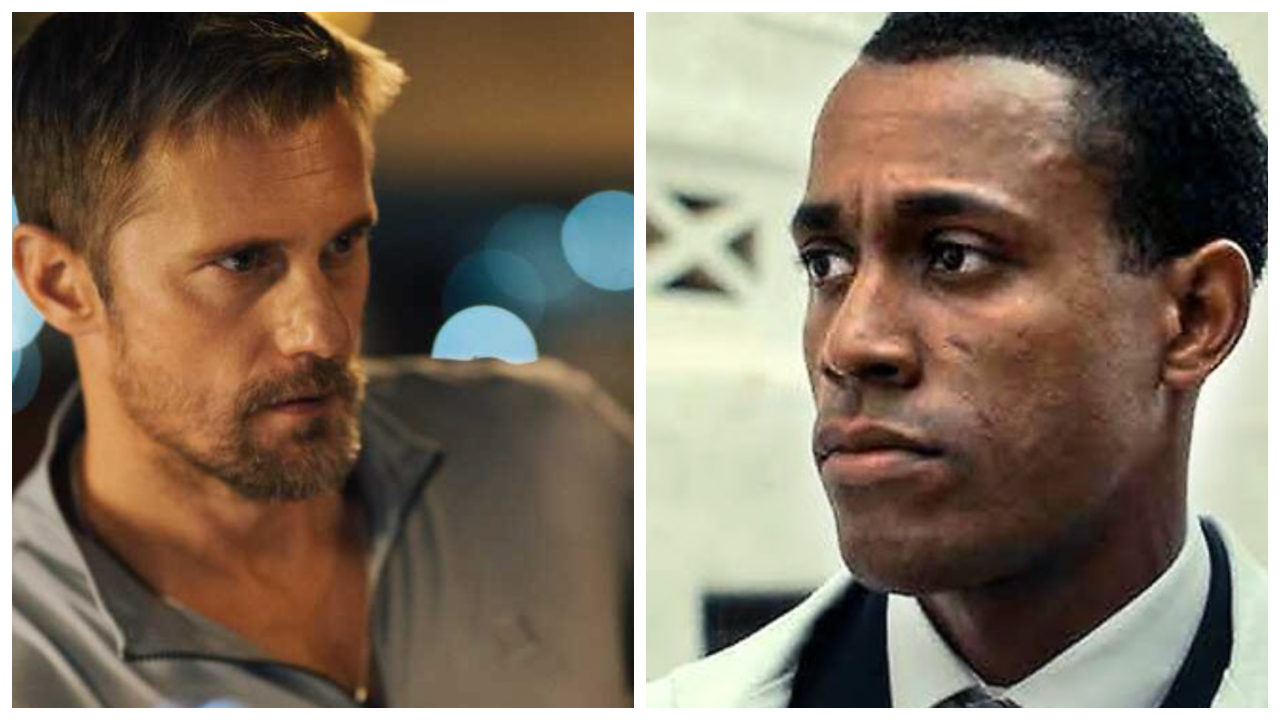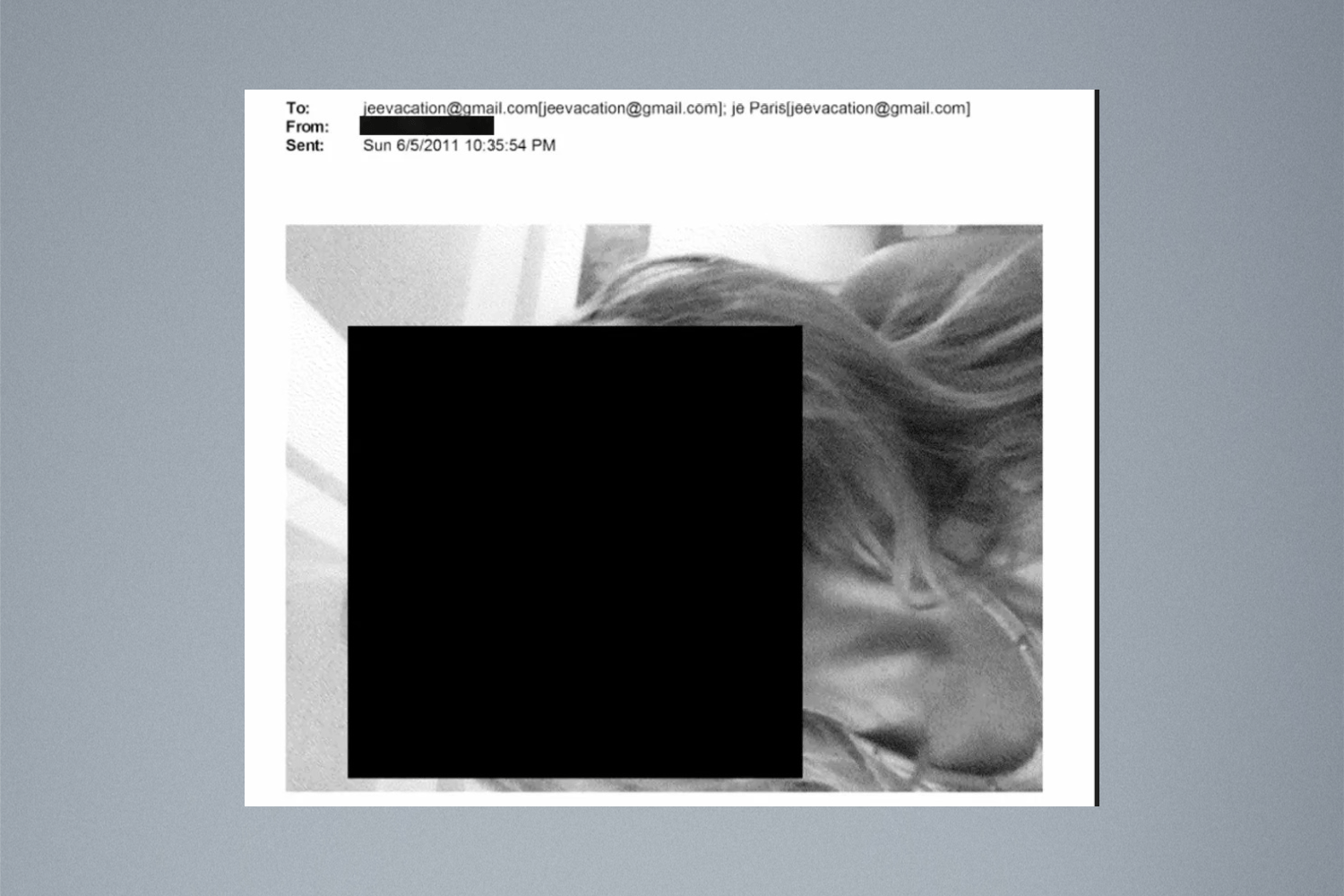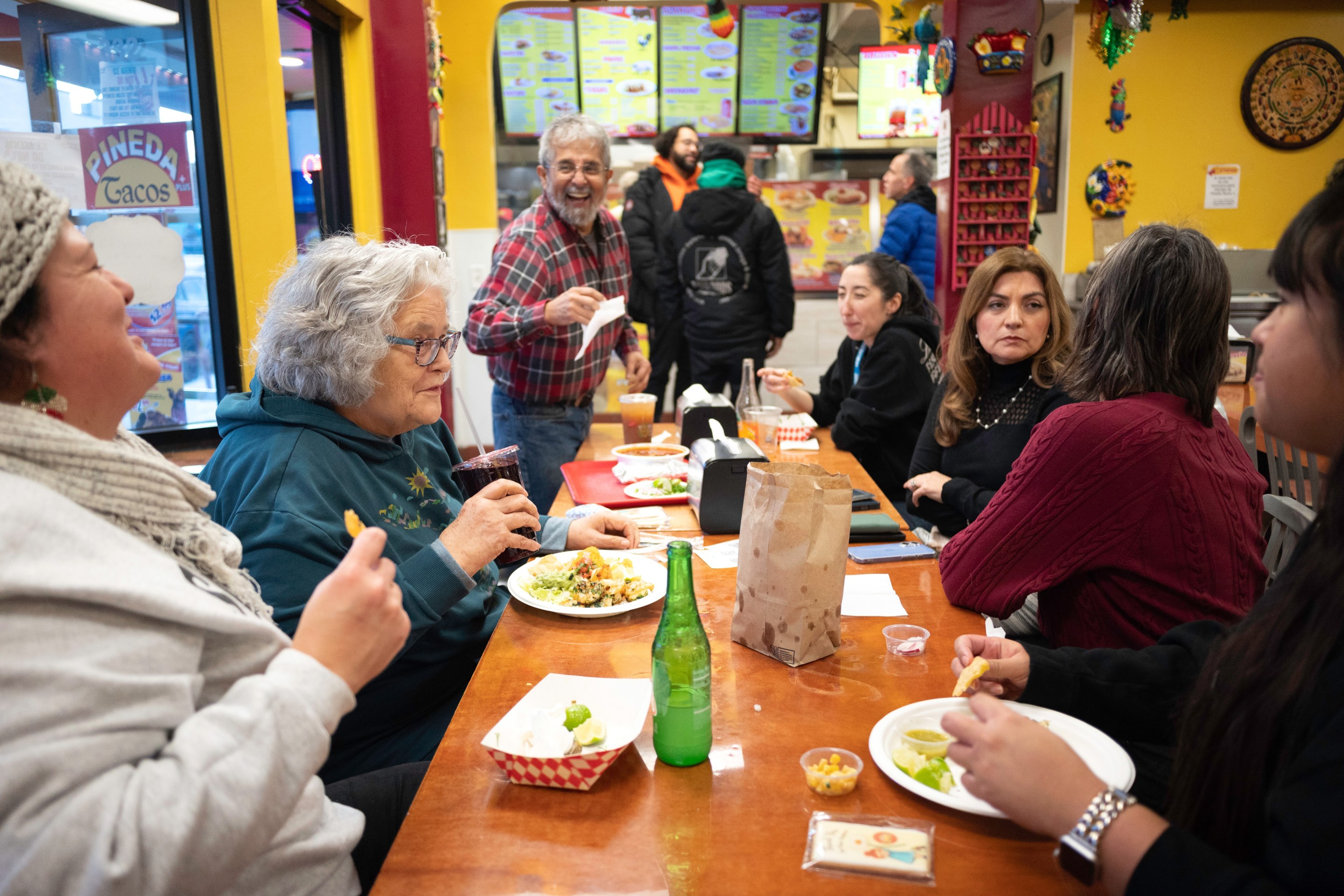Deborah Jiang-Stein’s second book, Lucky Tomorrow, (May 20, 2025, University of Minnesota Press, 144 pages) is a collection of flash fiction, which is possibly the perfect genre for our scroll-addled attention deficit era. These micro tales take place on islands, trains, and in prisons, from Japan to the Twin Cities, blurring lines between magical realism and schizophrenic ideation as the intertwined characters try to find meaning in a chaotic world.
Jiang-Stein spoke with Racket about renaming her book, why Lake Superior will never measure up to the sea, and how she draws inspiration from her outreach work with the unPrison Project.
Racket: Can you tell me about your path to publication?
Deborah Jiang-Stein: One of my mentors early on was Sandy Benitez. I would always write these bits of microfiction and she'd say, “Get your memoir published and people will look at your other stuff.” It's hard to get any fiction published, so my memoir happened first. Then the project I really, really love, that's close to my heart, which is writing these stories, came next.
This genre is really hard to get published. Many of these pieces I first wrote as poems, which are even harder to sell, but that’s not why they evolved into stories. It just did organically. Novels definitely are easier to sell than short stories, but I love this form, so I kept writing.
How did you decide which stories and which characters would be written from which points of view?
I'm self-taught as a writer, so I've learned by reading, and I like reading that variety. Some of that was experimentation. I initially wrote everything in first person because it's intimate and close. And I felt like I could know the stories better. Then I would step away.
I hope the second person works. It doesn't always. That was my experiment. It's removed, but intimate, and was one of my favorite things to write. I didn't want it all to be so tied to my autobiographical story because it's not. I draw on it.
Which authors and short story writers do you like to read?
My first influence was probably Palm-of-the-Hand Stories by Yasunari Kawabata. It was first in Japanese and then translated. I must have read that in the '90s. And then people in the U.S. started writing flash fiction, microfiction, short shorts. I also like a teeny collection of O. Henry short stories.
I’m also inspired by music and art. I write visually, so I'm in gardens and in the woods and my influences aren't all literary.
Your vivid place descriptions include the Midwest, the South, Seattle, and Tokyo. Do you have a favorite place to write about?
I feel a little bit landlocked here. I love the sea: any coast, any country. I like the tides. I finally figured that out because people would say, “Oh, there's so many lakes here!” That's true, but I like the tides and the flowing, and how it's never the same. Lakes are never the same either, and yet, Lake Superior is like a wide open pond. It's different than salt water, tides, and coastal shorelines. I feel like I'm an animal that probably belonged in the water in another life. I'm trying to make it on land, but I probably came out of the sea.
A lot of my writing is watching people and looking and listening. If everything is unfamiliar to me, it creates a kind of spark for creativity. But I can also write anywhere. I like fires. I love the rain. Probably because I'm from Seattle.
Tell me about the title Lucky Tomorrow.
It was going to be “Everywhere at Once,” then we realized Everything Everywhere All At Once is a movie title. I haven't seen it, but I guess it was best selling, a big hit. Then I moved into the flower sign, which I saw somewhere out of the country. It said, “For a Lucky Tomorrow.” And it just kept getting shorter and shorter.
We all need that kind of upbeat message right now. And that character is hopeful, but she's got some dark places in her.
Your memoir Prison Baby recalls how you were born in prison, placed into foster care, then adopted. In your professional work, you've spent a lot of times in prisons and some of your characters in this book are in prison. Is writing about that system cathartic for you? Do you feel compelled to tell these stories for folks who can't tell their own stories?
It’s not cathartic. I see so much. I've been inside so many prisons. It’s isolated inside, so when I'm out, that sensory connection becomes really vivid when I'm writing.
Some of it is awareness building. People in prison have a voice. But they’re not heard because they're behind gates and bars.
I've probably been in front of 50,000 people in prison across the country. I haven’t individually talked to every single one, but that's a lot of spirit and soul energy to be around. In some ways I’ve been around more people in prison, intensely, than just day-to-day out here, floating through the world. So it wasn't cathartic, and I didn't feel compelled to do it. They just showed up. It's all made-up, but also it's what I've seen. I hope it also serves as some awareness building.
When my memoir came out, people would say, “I had no idea someone could be born in prison.” So some of my work is really just to put a face on what people think is impossible.
Can you summarize your work with the unPrison Project?
In the beginning, I was doing writing workshops and I was asked to tell my story. I hesitated at that because I thought, "Well, what's the purpose?" Then I started with a small team and a lot of volunteers. We created life skills programs because I was starting to think, "Why am I not in prison?" And people I know who've done petty crimes. That's because everyone I know has been in therapy. Some people are on antidepressants. We have access to resources.
In a couple of weeks, I’ll be the commencement speaker at a women’s prison in Texas. I've been invited as a commencement speaker before in a men's prison. They'll graduate with a GED, BA, Masters, or some from tech school. It doesn't necessarily mean they'll be released. But they've graduated, so they hold actual graduation ceremonies. And we'll bring in a commencement speaker. Some of it is just to be seen. That they are witnessed.
I really believe in the capacity for change. Growth and evolution. Most of those people will get out. Something like 90% people in prison come out here. So they'll be in my communities and your communities. I'm just trying to do what little bit that I can so that they have a better chance.
The recidivism rate is really high, like 75%. If every time we bought an iPhone, we knew that 75% of the time it wouldn't work, we wouldn't put up with that, right? So the fact that we tolerate that in the carceral system, it's kind of crazy. Would we like those odds anywhere else?
I know that my story is different. Most women in prison have children, like 80% have children. So my story, I go in to show what's possible.
What's your next writing project?
A couple of publishers would like a second memoir. I have enough material to actually do a second memoir. But I’m just not quite ready. Maybe when Lucky Tomorrow is out I can dive in.
When I finished the book I was thinking, “The End.” I never thought that I would have a second collection of shorts like this, but then I started imagining this pen pal writing. It’s the main character in Lucky Tomorrow and I thought, where could that go? And it’s not like I wanted to think that. She just kept coming to me.
I'm working on a book of daily reflections about belonging. And I have three children's books based on obscure women in history. Those projects cycle through me. I lay out the folder and then I jump around. I'm not someone that has a writing practice where I sit down at a certain time and then follow through with one project. I'm curious what that would be like. I used to try to train myself to do that, and then I thought, well, I am producing. With a lot of movement—I’m going from one thing to the other. That’s just how I work.







